Everything You Should Know About Propane Tanks
Propane is a versatile and efficient energy source used in homes, businesses, and industrial settings. Whether you use it for heating, cooking, or powering appliances, understanding how propane tanks work is essential for safe and efficient usage. Here's what you need to know about propane tanks and their role in energy consumption.
How Propane Tanks Are Used in Homes
According to the Energy Education Program, about 44% of propane consumption is used for residential purposes. Many households rely on propane tanks for home heating, water heating, and powering appliances such as stoves, dryers, and fireplaces. Its efficiency and cost-effectiveness make it a popular choice, especially in rural areas where natural gas lines are not available.
What Types of Propane Tanks Are Available
There are several types of propane tanks, each suited for different applications. Above-ground propane tanks, ranging from 120 to 1,000 gallons, are commonly used for home heating, cooking, and water heating due to their easy installation and accessibility. For a more discreet option, underground propane tanks offer the same reliability while staying hidden, making them ideal for whole-home heating and high-demand applications. We offer expert tank installation services, ensuring customers receive the right size and setup for their residential or commercial needs.
Why Propane Tank Maintenance Is Important
Keeping propane tanks well-maintained is essential for safety and efficiency. Regular inspections help detect leaks, rust, or other damage that could compromise the tank's integrity. It's also important to check propane regulators and valves to ensure they are functioning properly. Many states require periodic tank inspections, so staying informed about local regulations can help keep your propane tanks in top condition.
Where and How to Store Propane Tanks Safely
Proper storage is key to preventing propane-related accidents. Propane tanks should always be stored upright in well-ventilated areas, away from heat sources and direct sunlight. Never store propane indoors or in enclosed spaces like garages or sheds, as propane is highly flammable and requires proper ventilation. When transporting propane, always secure the tank in an upright position and avoid leaving it in a hot vehicle for extended periods.
Knowing how to use, maintain, and store propane tanks properly is essential for both safety and efficiency. With nearly half of propane consumption going toward residential use, it plays a significant role in everyday life. By selecting the right tank, performing routine maintenance, and following storage guidelines, you can enjoy the benefits of propane with peace of mind. If you're considering propane tanks for your home or business, contact Canyon State Propane to find the best solution for your needs.
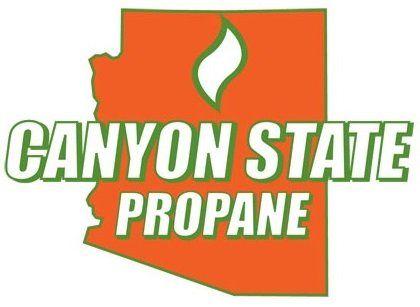
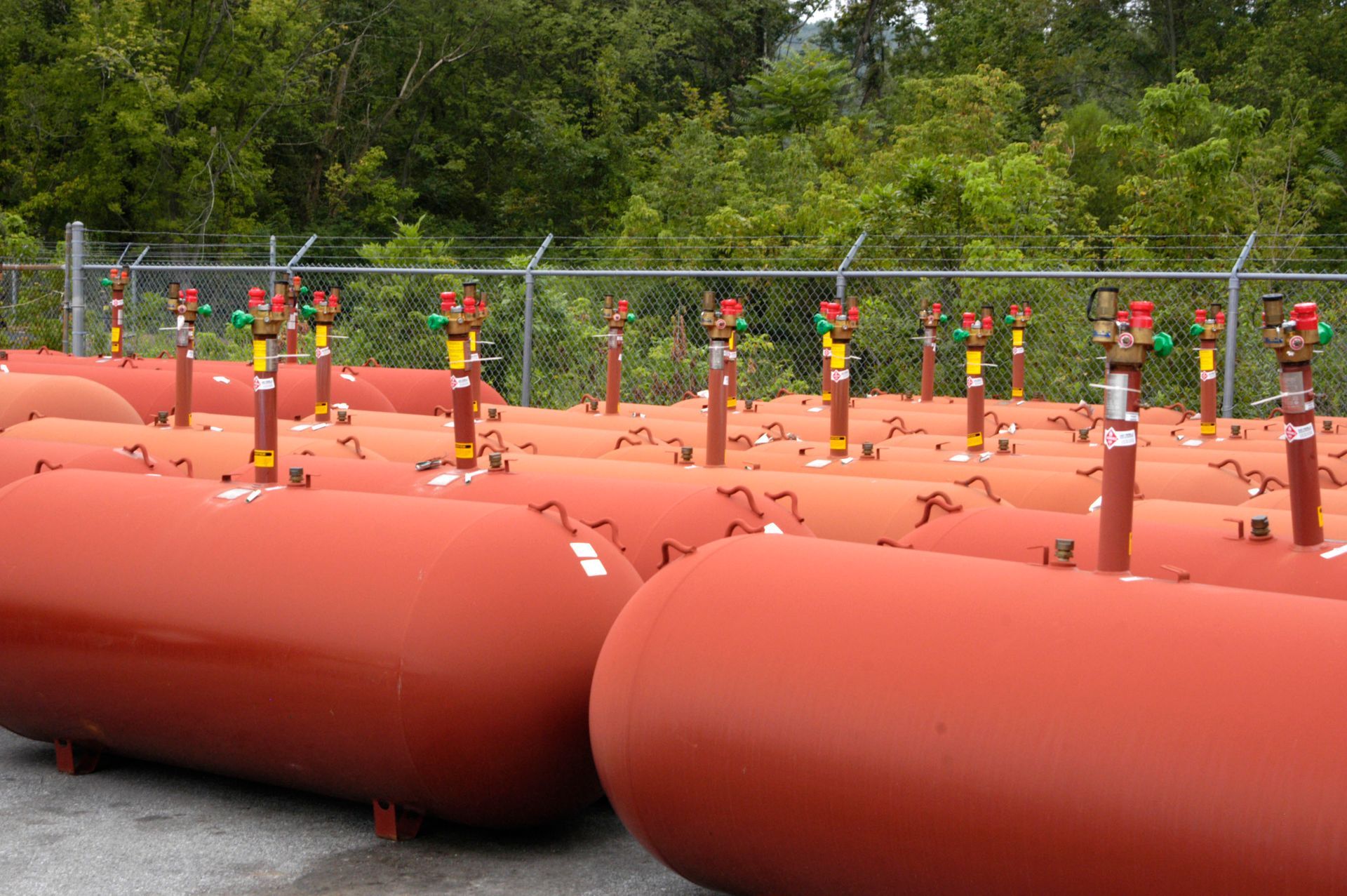
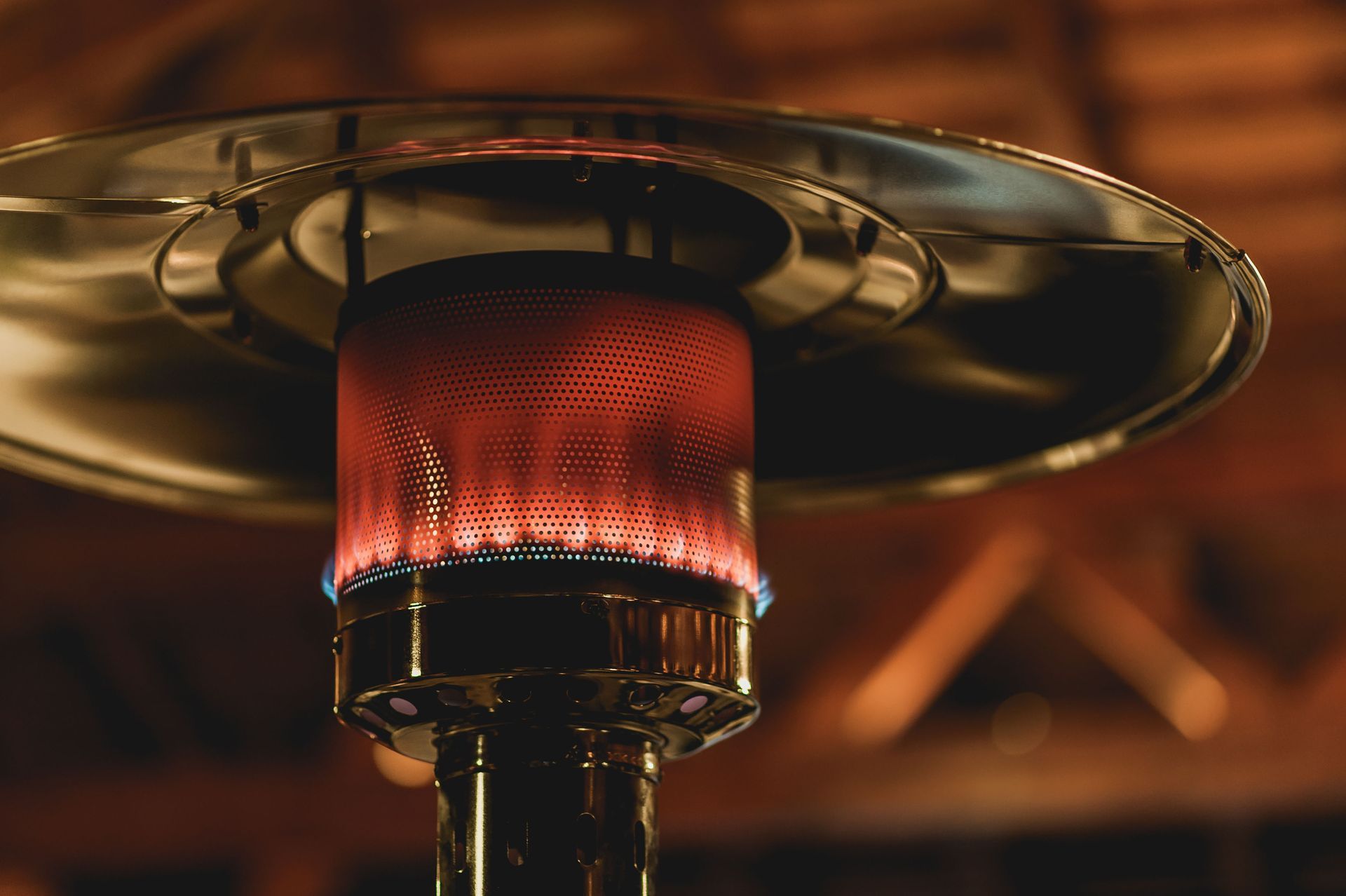
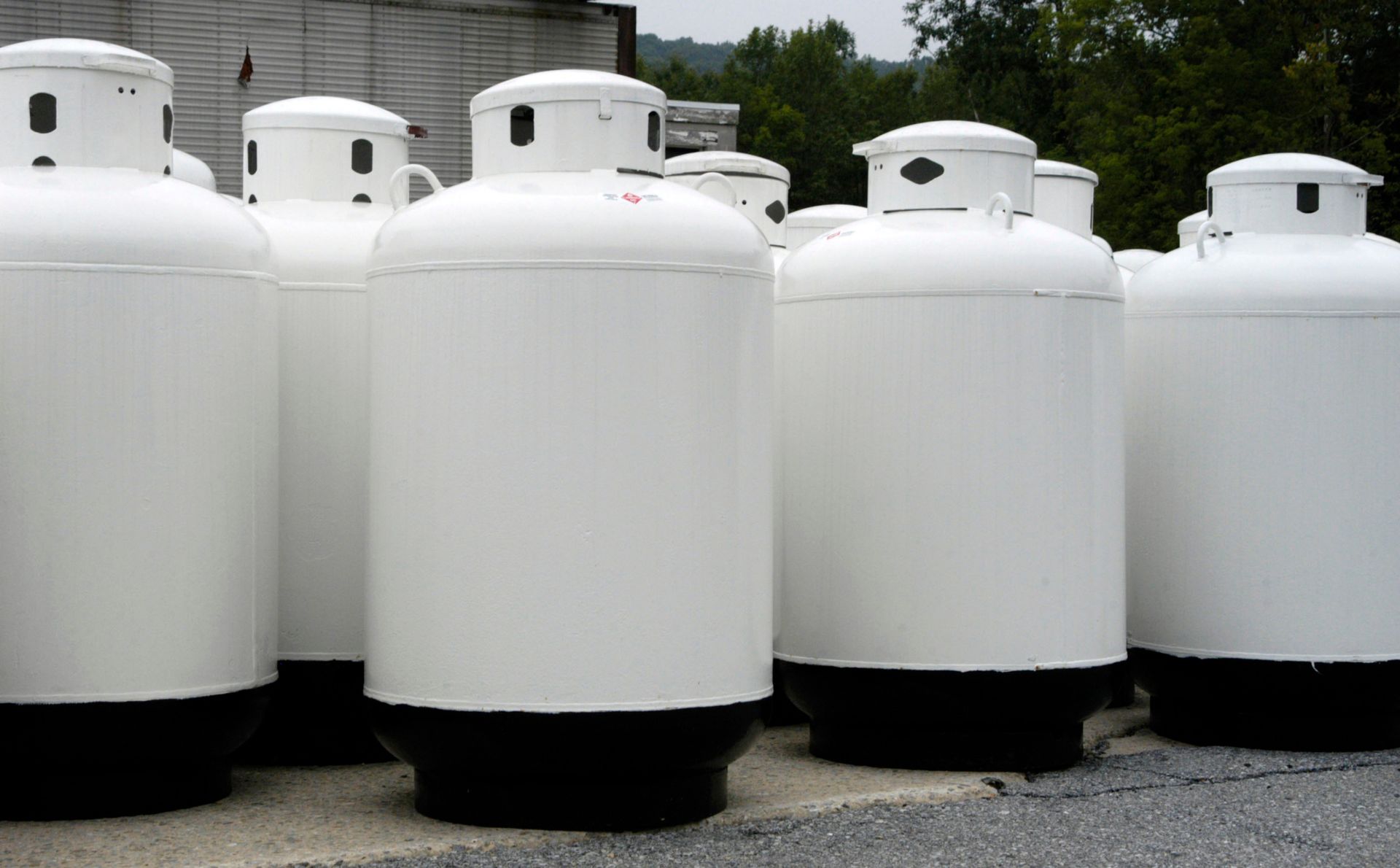
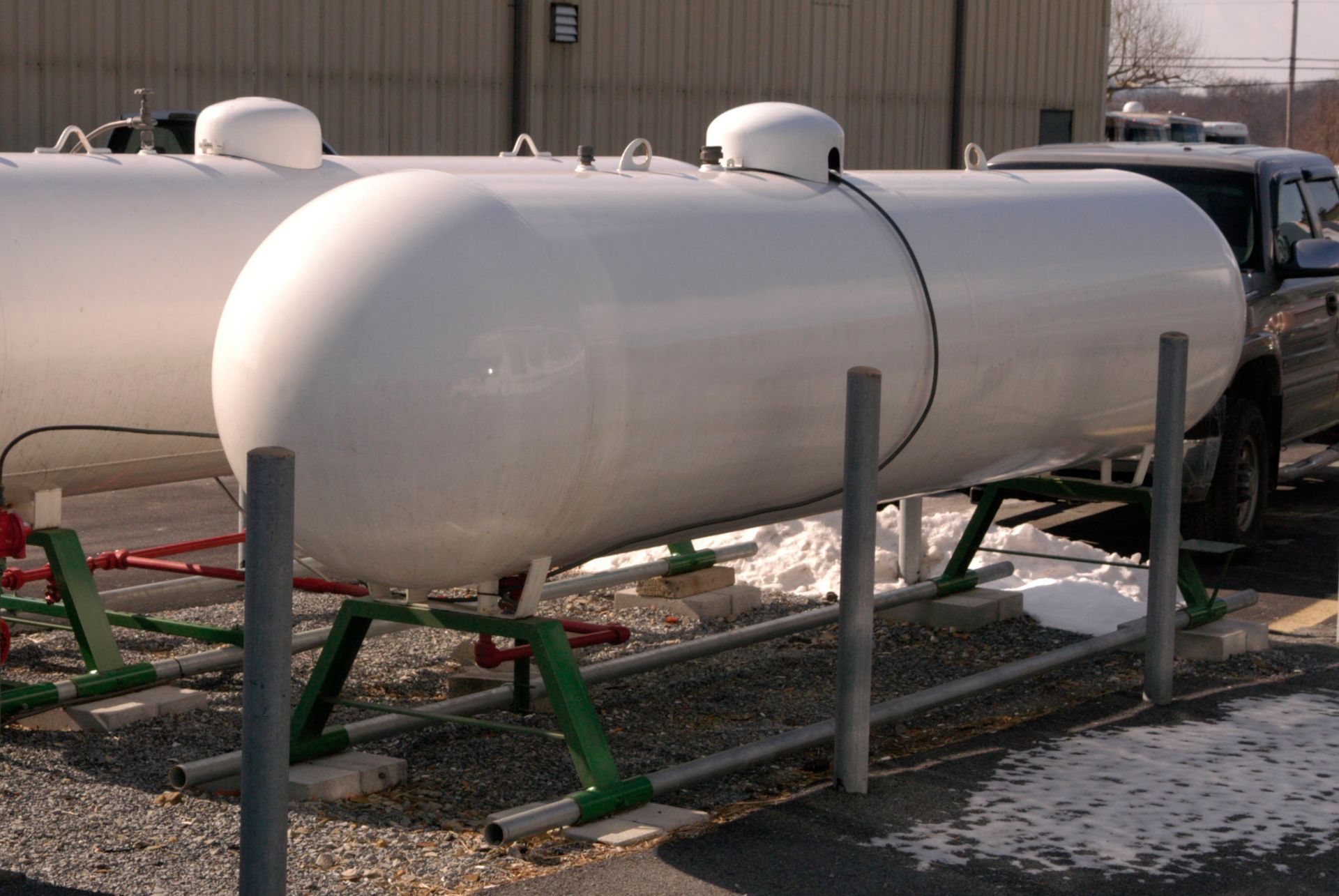
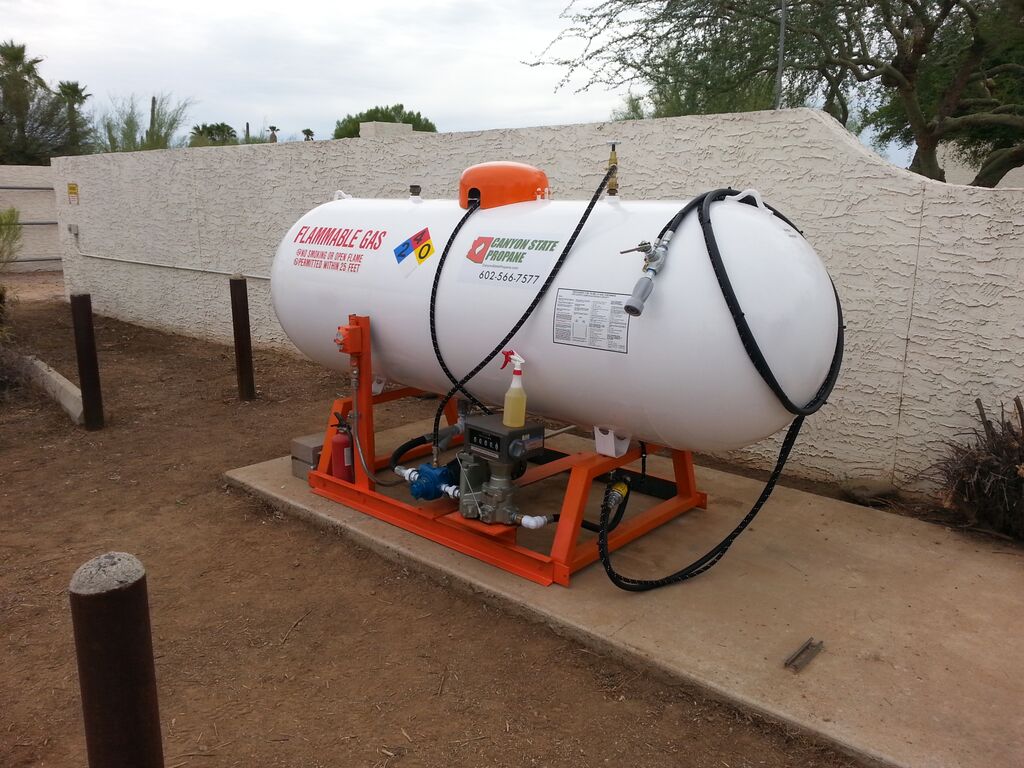
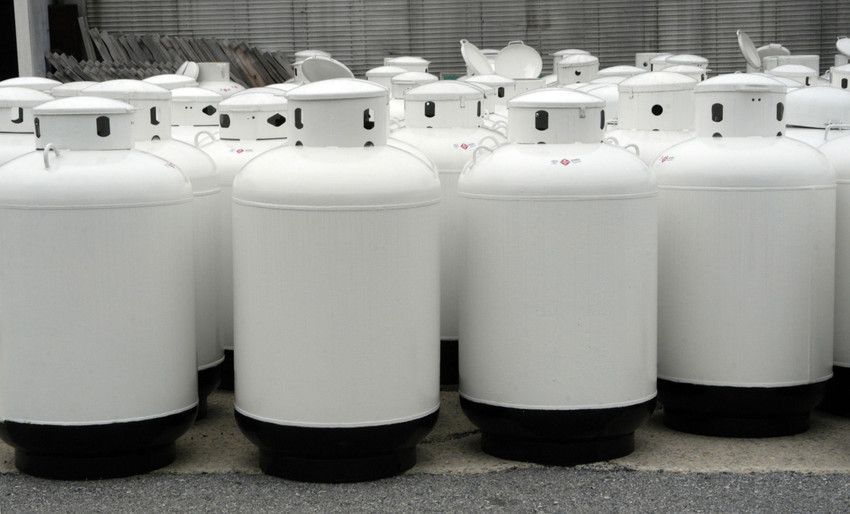
Share On: